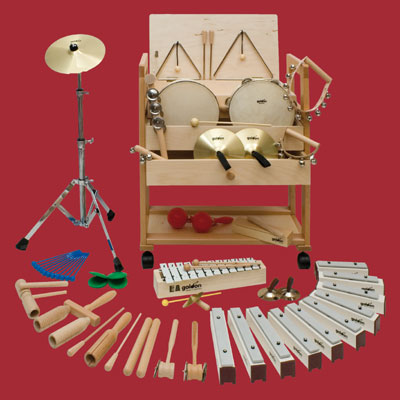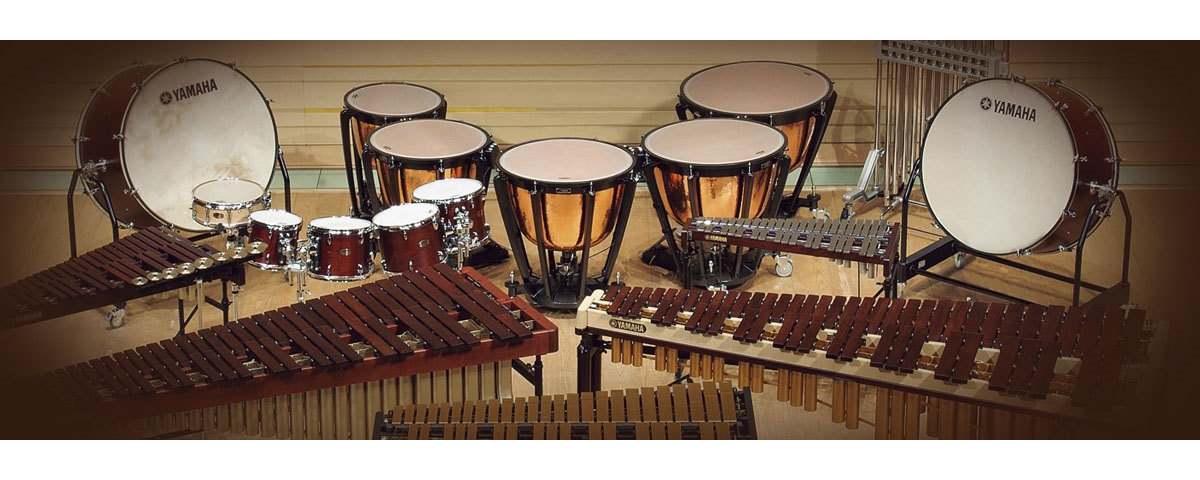
Instrumentos musicales de percusión, platillos y gongs en exhibición en una tienda en Shanghai, China Fotografía de stock - Alamy

💰Comprar 6 pulgadas 11 notas Tambor de lengua de acero con conjuntos de mazos Instrumentos de percusión para yoga Educación musical Regalos barato al mejor precio en la tienda en línea Joom —

Tambores a La Venta En Una Tienda De Instrumentos En China Imagen de archivo - Imagen de adornado, departamento: 170036205

Juego de instrumentos de percusión para niños, herramientas educativas tempranas interesantes, instrumento de música, herramienta de enseñanza para tienda en casa - AliExpress Deportes y entretenimiento

Batucada, los mejor instrumentos para percusión brasileña - Tienda de instrumentos musicales. Tienda de Música Sanganxa.

Instrumentos de Batucada | Instrumentos de batucada, Instrumentos de percusion, Instrumentos musicales de percusion



















